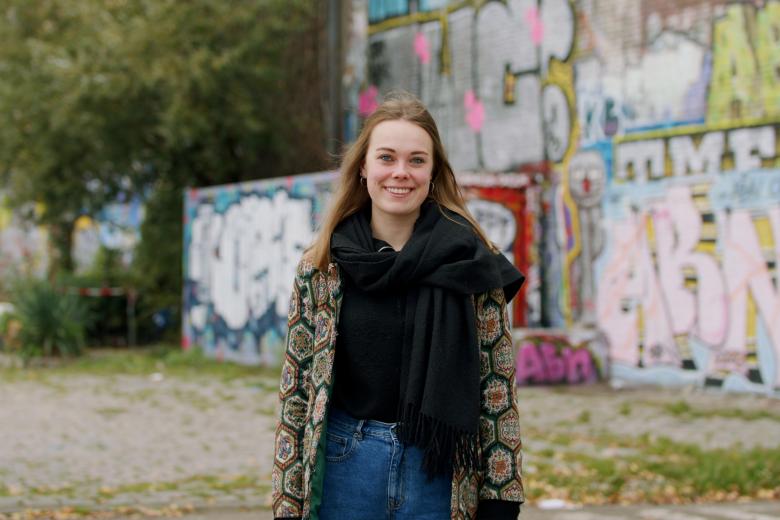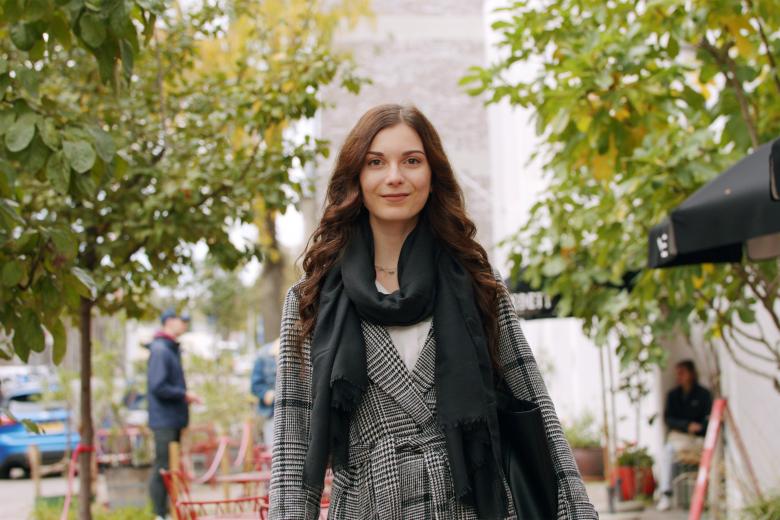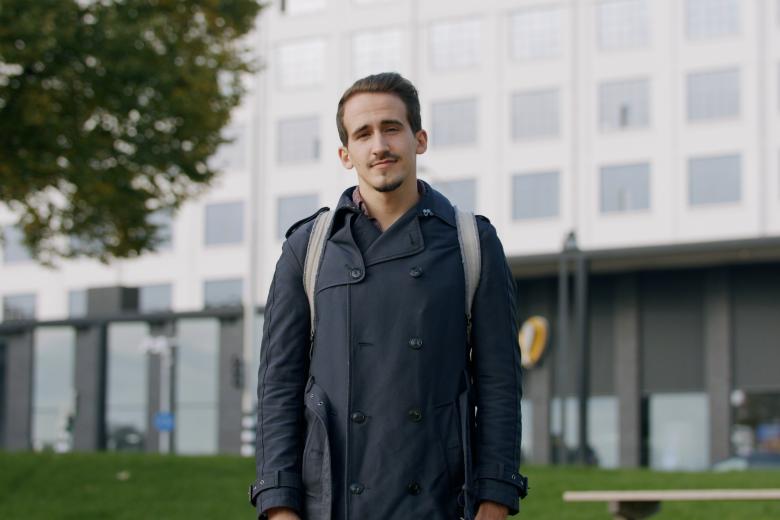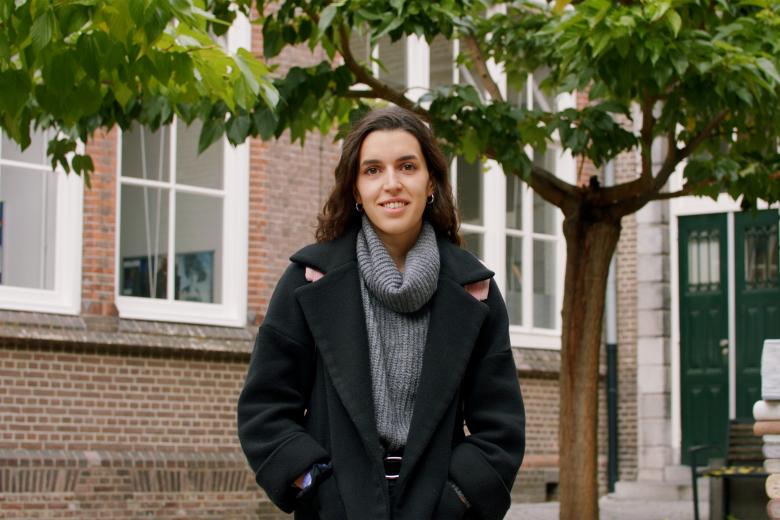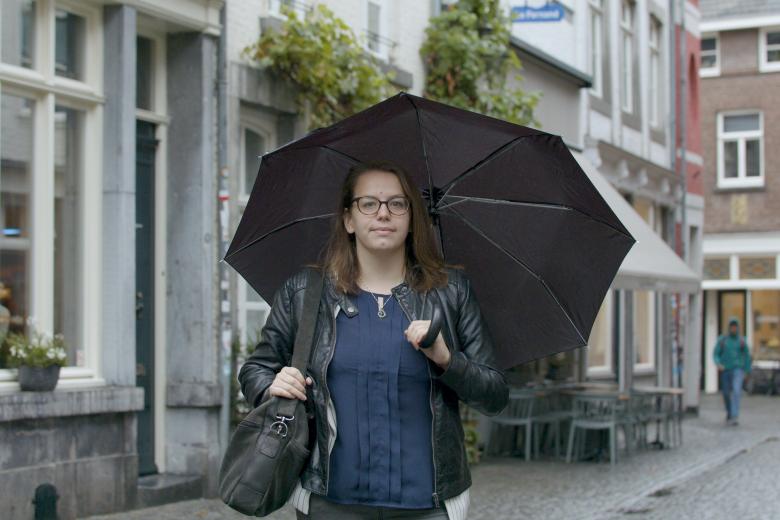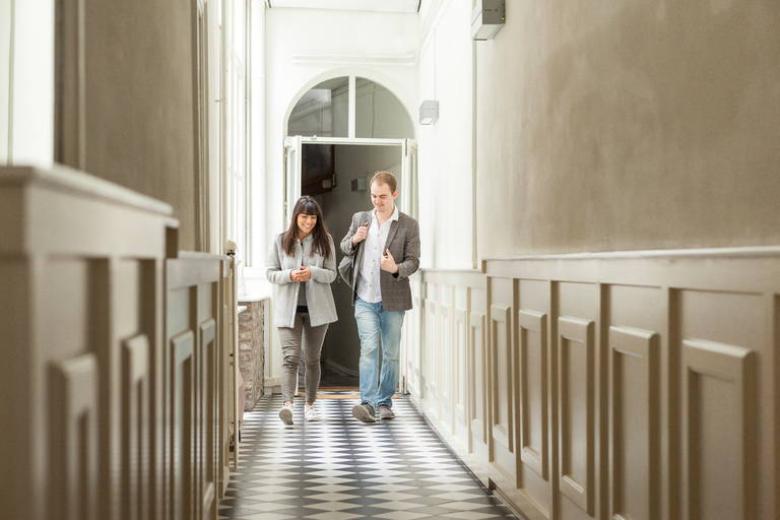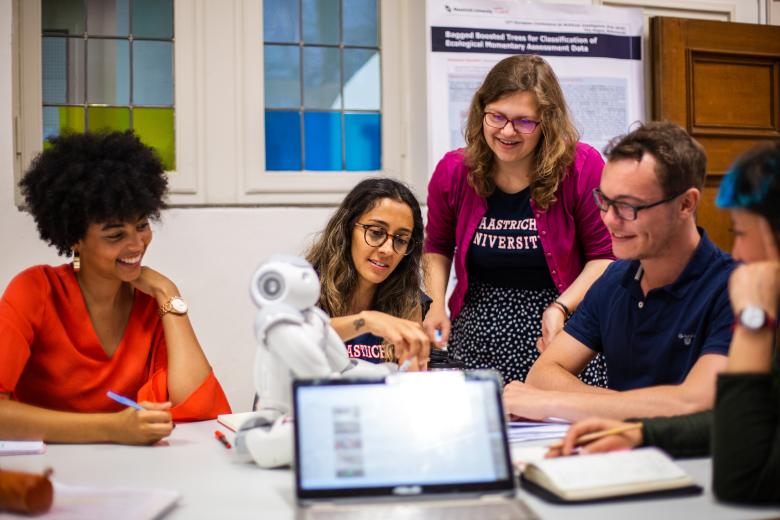| Thesis examples |
|---|
| The carrot and the stick: The worlds of compliance and the first two years of GDPR enforcement |
| Chasing the European White Whale? The influence of soft governance in the EU - A comparative analysis of the substantive and procedural shifts in Social Protection Policies in Sweden and Spain since the creation of the OMC |
| The 2015 Refugee Crisis and Political Discourse: a Content Analysis of Parliamentary Questions in the European Union |
| Regulating under uncertainty: Unravelling cybersecurity policy A comparative study on EU and US policies |
| An alliance as strong as plastic? A study into the influence of business interests in the shaping of the Directive on the reduction of the impact of certain plastic products on the environment |
| Interest Groups as Policy Entrepreneurs in Judicial Lawmaking? Analyzing the Impact of Strategic Litigation in the Coman Case |
| Accredited Parliamentary Assistants: Paper-Keepers or Gate-Keepers? |
| Self-Regulation in the Lobbying Sector: A typology and the application of self-regulatory measures in the public affairs industry in the European Union |
| The Rationale Behind Compliance: why Professional Consultancies in Brussels Register and Remain in the EU’s Transparency Register |
| Gender Mainstreaming in Implementation: Box Ticking or Transformation? A Case Study on Gender Mainstreaming in the Implementation of the Emergency Trust Fund for Africa |
| European Digital Sovereignty: The Janus like digital sovereignty legacy of the Juncker Commission |
| Are Politics ‘Instagrammable’? An Analysis of "Youth-Friendly" Parliamentary Communications on Instagram in Austria, the United Kingdom and the European Union |


